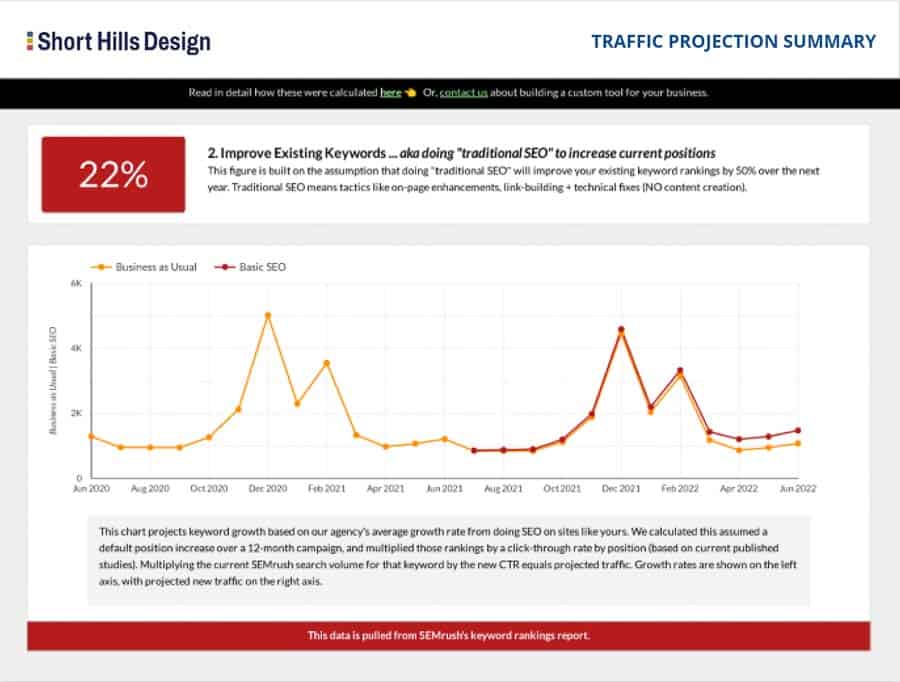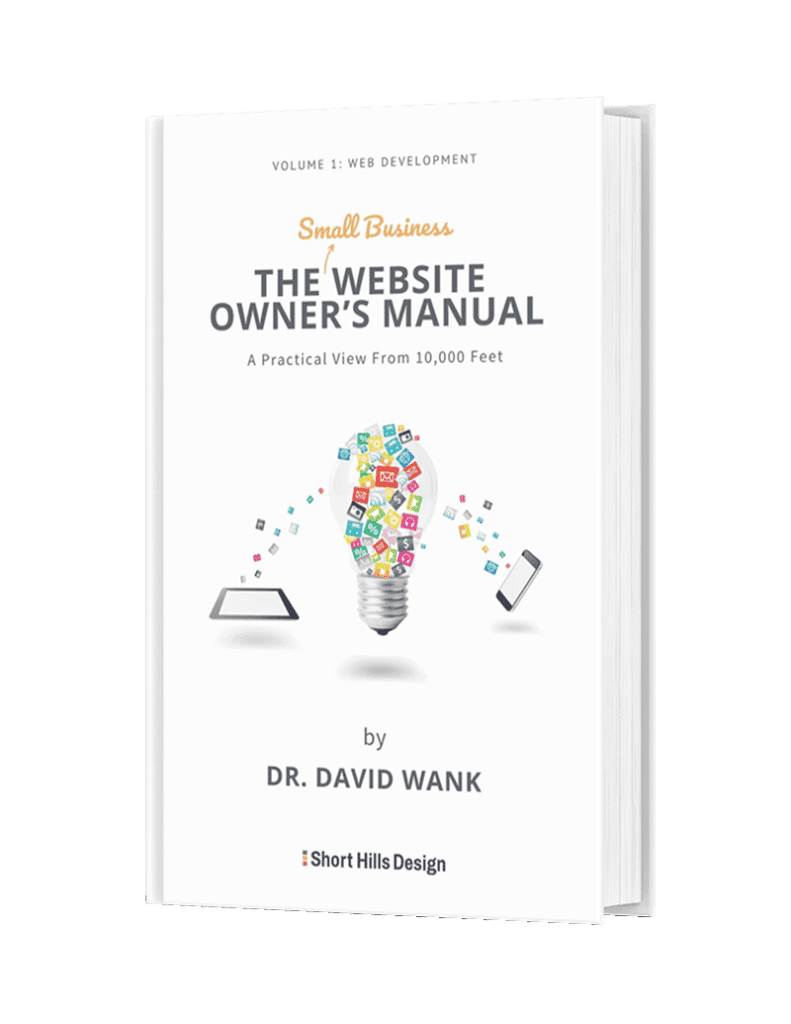A friend of mine runs a small organization and she asked me, “How much does it cost for us to improve our Google Rankings?” I looked at her and with a smile I said, “Nothing. You can do it yourself for free.”
There are two important lessons to take out of this very brief exchange:
1. You cannot pay Google, Bing or any other search engine to increase your position on organic rankings. Recall the organic rankings are the non-paid search engine listings that contrast with paid search engine listings. For a quick review of organic vs paid SEO, feel free to review this earlier blog post that explains it all.
2. The whole point of organic search results is that they are just that – organic – meaning that the results are based on what Google finds on your web pages, compared to your competitors’ web pages. So the only way to improve your organic ranking (which should be around 95% of your effort for a dental or medical website) is by improving your website and working on content.
1. \Make sure the text on your pages is unique. If you have the same text as another dentist, BOTH of your sites may be penalized in Google search results. Of course if all of your text is customized and you wrote it all, you can skip this one. (If you need help email me and I will walk you through how to do this).
A.. Navigate to www.copyscape.com and type in the URL (web address) of your practice's website and hit "copyscape search". If results are found, talk you your web people (or call me) -- but you don't need to worry about putting on any "copyscape" banner. You can also dig deeper and type in specific pages on your site to test those, as well (www.drsmithdental.com/about).
2. Make sure you have multiple headings in your text. So if you have a long page about Veneers (which is a great idea) instead of having just a title and 5 paragraphs, have a title and for the 5 paragraphs, dd sub-headings to each one.
For example, the title of the page may be “The Benefits of Porcelain Veneers” and the paragraph sub-headings can be “What are Veneers?”. “Who is a candidate for dental veneers”, “How long do veneers last”. “Can I Eat An Apple with Veneers”?, “How much do veneers cost?”
By simply adding these sub-headings to your text, you are adding a large amount of quality content for Google (and potential patients) to find. Remember, all of the sub headings above are questions that people in your area may type into a browser when trying to learn about veneers. Wouldn't it be reat if someone wanted to know about eating apples with veneers and found the answer to their question right on your page? Remember Marketing 101?
Conclusion
Remember, you cannot buy rankings on Google organic listings, and the only practical (and legal) way to improve your rankings is by adding content (and link building and a few other things but content is where you need to start). So take some time now and perform the two steps above as soon as you have a chance. The sooner you try, the sooner you will see results!
These headings should be <h2> or <h3>, and if this sounds like a foreign language to you, simply write down the sub headings you want for your pages, and hand them off to your web people Your web people should know what <h2> and <h3> mean.
Repeat this for every page on your website where it is practical, and your search engine rankings will likely increase rapidly.

